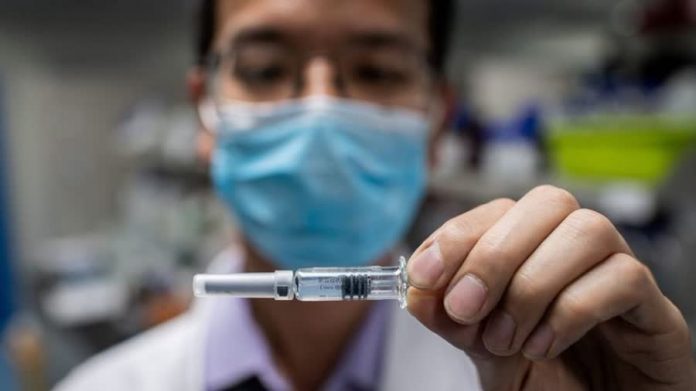The enormous logistical challenge of vaccine distribution will be aided by trade and supply chain finance guarantees.
COVID-19 vaccines are being developed and approved for use around the world. It is an effort of historic proportions, but viable vaccines are only the first step toward taming the virus.
Enormous quantities of the vaccines will need to be produced and delivered
The vaccines approved already in some jurisdictions, and many of the candidates likely to be approved going forward, are injectable products that need to be kept cold.
One of the first vaccines that has already received approval in Canada and the United Kingdom must be kept at minus 70 degrees Celsius (-94 Fahrenheit), for example.
The vaccines will need to get to people in places that lack a proper transport infrastructure and where basic refrigeration may be hard to find.
As Patrick Osewe, Chief of Health Sector Group at ADB, has pointed out, a “cold chain” to keep the vaccine at appropriate temperature from production to inoculation will have to be established.
Stockpiles of vaccine-related goods need to be built–things like syringes, glass vials, refrigerated containers to move and store the vaccine, and the list goes on.
The difficulty in getting these items where they need to go, so people can be quickly vaccinated, is compounded by the ongoing global economic uncertainty.
In a world fraught with risk and widespread ratings downgrades, trade and supply chain finance guarantees could play a role in mitigating the risks that may impede the sale of vaccines to some developing countries.



